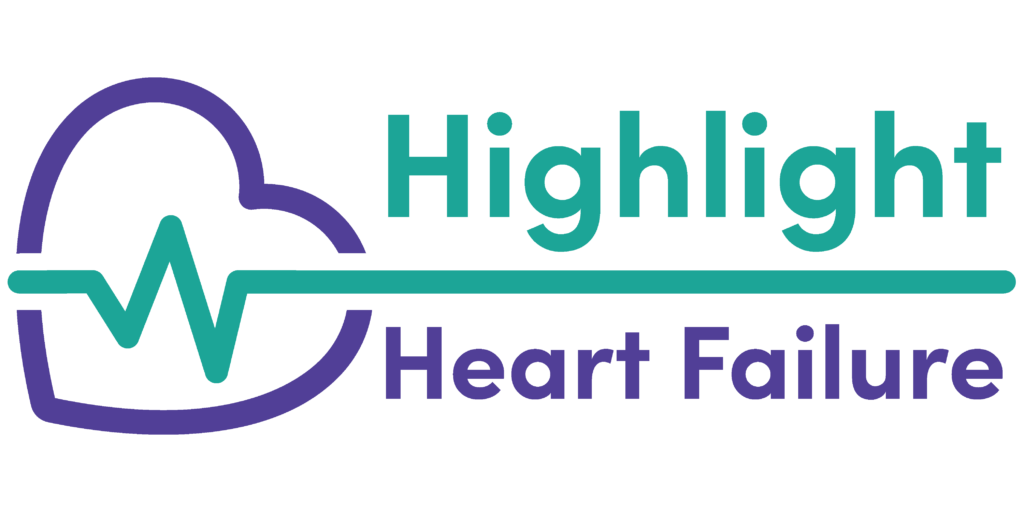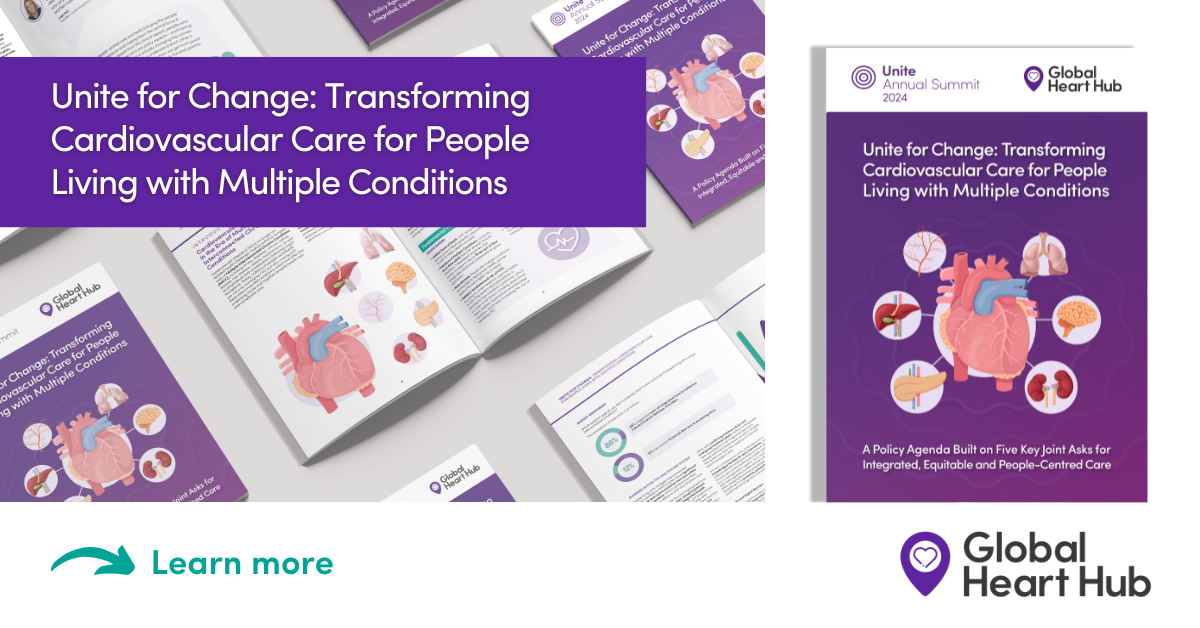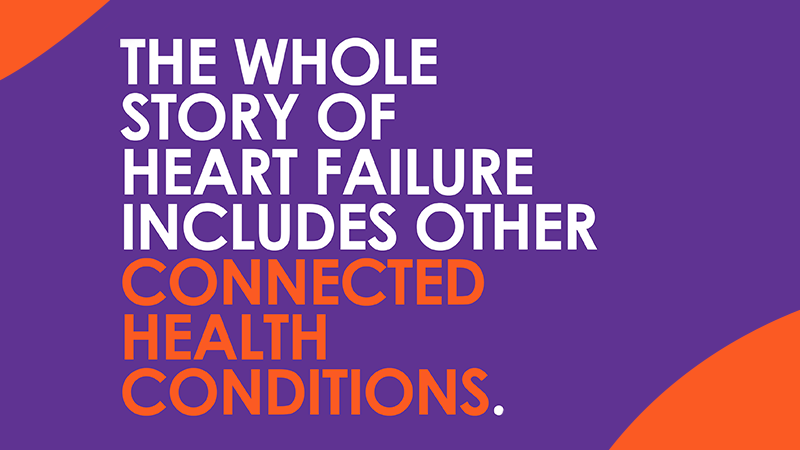Heart Failure Awareness Month aims to save lives!
- New initiative by Global Heart Hub aims to raise public awareness of heart disease
- More than 60 million people worldwide are affected by heart failure.
The Global Heart Failure Awareness Month 2023 aims to raise public awareness about the signs, symptoms and risk factors associated with heart failure. It also seeks to educate the public about the importance of early detection and effective management of the disease.
Heart Failure is one of the biggest causes of premature death globally. More than 60 million people around the world are affected by heart failure, but with the right medication and lifestyle, it can be managed.
The May Awareness Campaign is being led by the Global Heart Hub (GHH) Heart Failure Patient Council in over 20 countries worldwide. The campaign will run across social media using the hashtag #HighlightHeartFailure.
Neil Johnson, Executive Director of Global Heart Hub says:
“Global Heart Hub is proud to lead the 2023 May Heart Failure Awareness Month initiative as we remain committed to supporting patient organisations around the world advocate for patient-centred solutions that meet the unique challenges faced by those living with heart failure. We encourage everyone to join us in highlighting heart failure and taking action to save lives.”
Heart failure is poorly recognised and not well understood. There is global consensus that:
- Early signs and symptoms of heart failure are often dismissed as normal signs of aging, and overlooked as early presentation of the disease.
- There are significant gaps in access to diagnostics in primary care, which can result in inequalities and delays in diagnosis for patients. Early diagnosis of heart failure can prevent the development of acute disease.
- There is a global inequality of access to international best practice, including access to heart failure nurse specialists.
- Failure and delays in recognising and treating heart failure is contributing to an increase in hospital admissions, which has huge impacts for patients on their carers. It also puts increased pressure on the public health system and increases economic costs for society.
Aistė Štaraitė, Chair of the GHH Heart Failure Patient Council and President of the Lithuanian Heart Failure Association said:
“As someone with lived experience and who works at the local level to support people living with heart failure and their families, I understand the importance of having global initiatives like the GHH Heart Failure Awareness Month campaign. These efforts help to increase public awareness, provide access to resources, and improve the quality of care for people around the world. By working together, we can amplify our voices and drive positive change that will make a significant impact.”
Facts about heart failure
- Heart failure impacts an estimated 60 million people worldwide, and while it is a serious condition, it can be managed with the right medication and lifestyle.
- The most common causes of heart failure include heart attack; high blood pressure; faulty heart valves; and a disease of the heart muscle.
- Risk factors include a history of heart disease; being overweight; iron deficiency; high blood pressure; a lack of physical activity; drug or alcohol abuse; and smoking.
The campaign will highlight the symptoms of heart disease including shortness of breath; fatigue; swelling in the legs, ankles or feet; dry cough; sudden weight gain; and weight gain over a short period of time (>2kgs over 2 days).
Any one sign is not a cause for alarm, however people with some of these symptoms are encouraged to visit their GP. An estimated 30 percent of people living with heart failure have no obvious symptoms.
About the campaign
This awareness campaign is led by the Heart Failure Patient Council of the Global Heart Hub. The Council is an alliance of patient organisations from across the globe working with heart failure patients and their carer’s. A priority of the Council is to raise awareness of heart failure, promote public and healthcare education and advocate for policy action in an insufficiently recognised and increasingly burdensome disease area.






